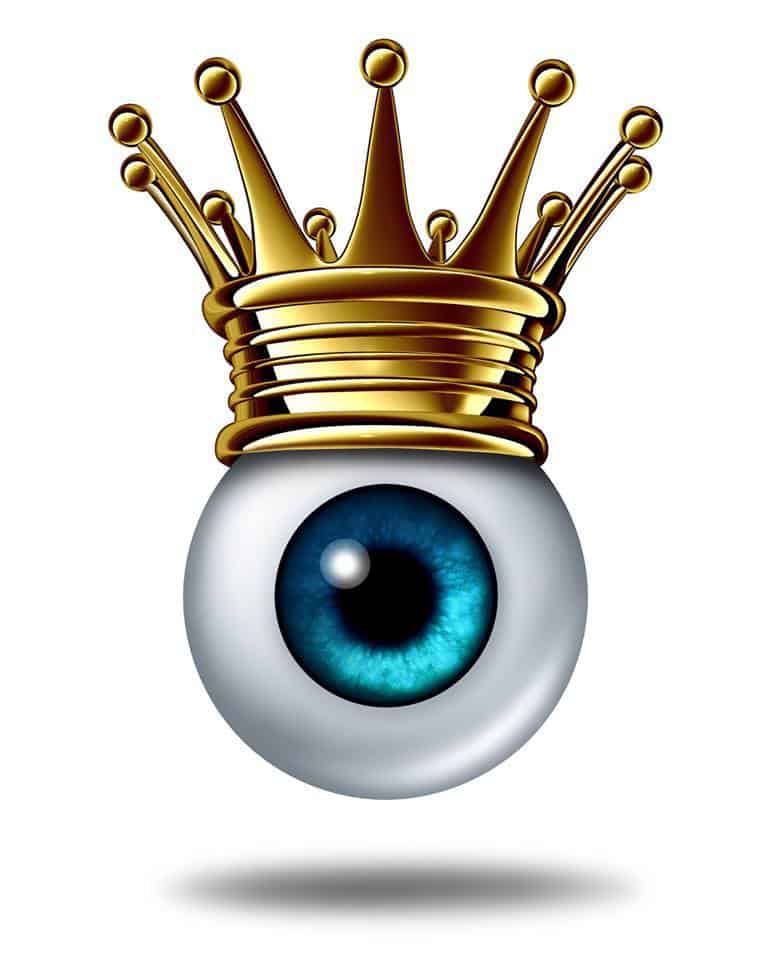I remember once giving advice to a friend. He wanted to know if he should go see a certain doctor and if the doctor was competent enough to deal with his problems. He had been hearing rumors about the doctor’s capabilities.
When I heard what he had to say about the Doctor, my first reaction was to say “don’t even think about it”. However, my communication skills and code of ethics got the better of me and I decided to first listen and then ask questions. I’m very glad that I did, because apparently nearly all the people who had been telling him about that doctor, had never been to see her. They had been passing on secondhand information that came from a group of people who are always negative on practically every topic under the sun.
Not only had they never been to her, but they spoke as if it was their own personal experience. I’m sure you know some people in our society who are like that. My advice was that he go see the doctor and form an opinion not based on hearsay but on professionalism.
So my advice to you is this:
1) Be wary of the advice you get! Not all advice is good advice, especially if it comes from a non-professional layman. Make sure it is not secondhand information.
2) Even if it is firsthand information. Make sure the person bearing the information has no ulterior motives. Sometimes an ulterior motive could be just trying to look good and knowledgeable in front of One’s friends.
3) Ask questions and listen, because the person’s experience may not be your experience.
4) The professional who may or may not be seen as “excellent”, could probably be the best there is. I say this with much conviction because I know that no doctor went to a University that teaches how to harm. All doctors have sworn an oath to help. Moreover, most doctors are continuously improving their skills and educating themselves on the latest methodologies available. Some are continually updating their equipment and may be offering more than what they did the last time one went to see them. This does not mean that they do not make mistakes.
I took an example from the medical field, but this truth can be applied to all professions. What if I had forgotten ethics and advised my friend against seeing someone I knew nothing about? Something to think about.
“Remember to keep an eye on your eyes”
- 10 SIGNS YOU NEED AN EYE EXAM - May 20, 2018
- WORLD GLAUCOMA WEEK - March 11, 2018
- The Importance OfEye Exams - February 5, 2018


Recent Comments